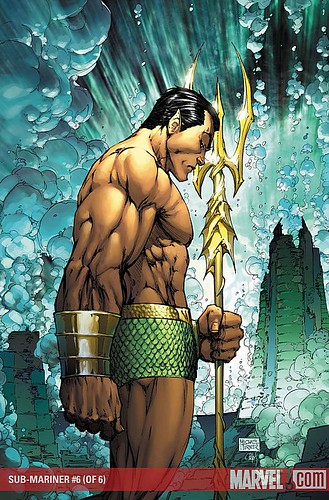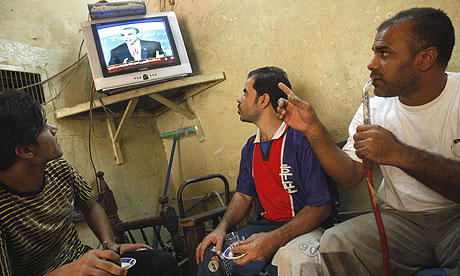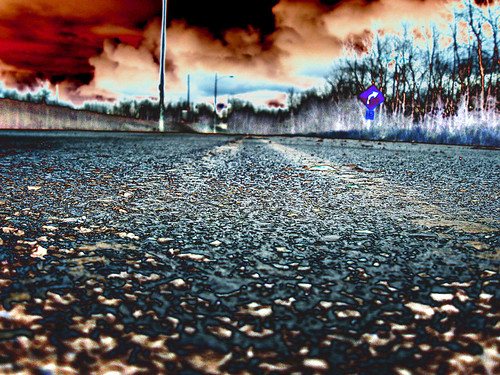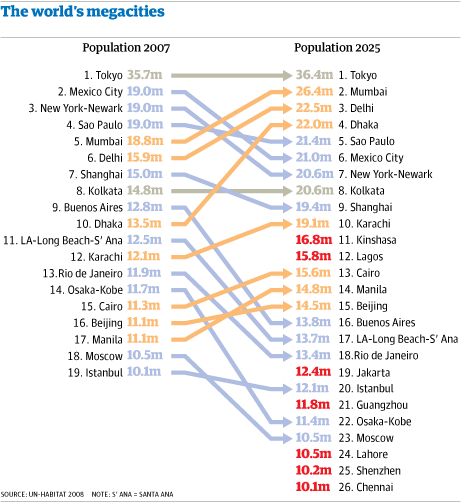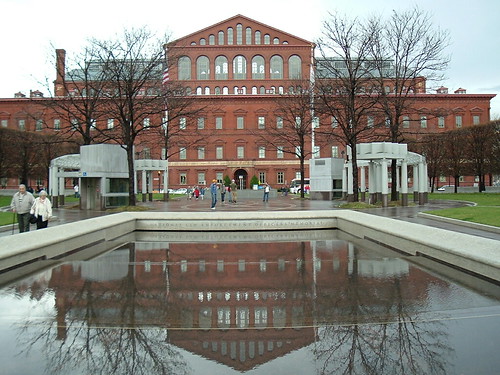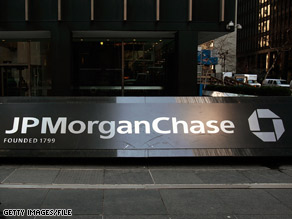 Chris Hedges at TruthDig| The old assumptions and paradigms about capitalism and free markets are dead. A new, virulent populism, still inchoate, is slowly and painfully rising to take their place. This populism will determine the future of the country. It is as likely to be right-wing as left-wing.
Chris Hedges at TruthDig| The old assumptions and paradigms about capitalism and free markets are dead. A new, virulent populism, still inchoate, is slowly and painfully rising to take their place. This populism will determine the future of the country. It is as likely to be right-wing as left-wing.I watched these competing populisms flicker Thursday night at the Mayflower Hotel in Washington, D.C., when I moderated a debate between independent presidential candidate Ralph Nader and Constitution Party candidate Chuck Baldwin. The two candidates come from opposite ends of the political spectrum. Nader, in essence, is a democratic socialist in the mold of Eugene Debs or Norman Thomas. Baldwin, a founder and minister at the Crossroad Baptist Church in Pensacola, Fla., is an evangelical, right-wing populist.
Baldwin, like Nader, rails against corporatism and our involvement in foreign wars, wants to repeal NAFTA and denounces the curtailment of civil liberties. But Baldwin goes on to support the abolishment of whole departments of the federal government, such as the Department of Education. He calls for U.S. withdrawal from the United Nations and NATO, the elimination of the Food and Drug Administration, the outlawing of abortion and removing all restrictions on the purchasing of firearms. One of his catchier campaign slogans is: “To help keep your family safe and your country free, go buy a gun.” He wants to seal our borders, deny amnesty and social services to illegal immigrants and end birthright citizenship for the children of illegal immigrants. He calls for dismantling the Federal Reserve and the Internal Revenue Service, overturning the 16th Amendment and the personal income tax, and returning the American monetary system to hard assets: gold and silver.
These candidates, while marginal figures in the current election, express the two forms of populism that will soon find a wide political currency. The anger toward our elites will morph into rage. These new populisms may not be articulated by Nader and Baldwin, but they will be articulated by people like Nader and Baldwin.
